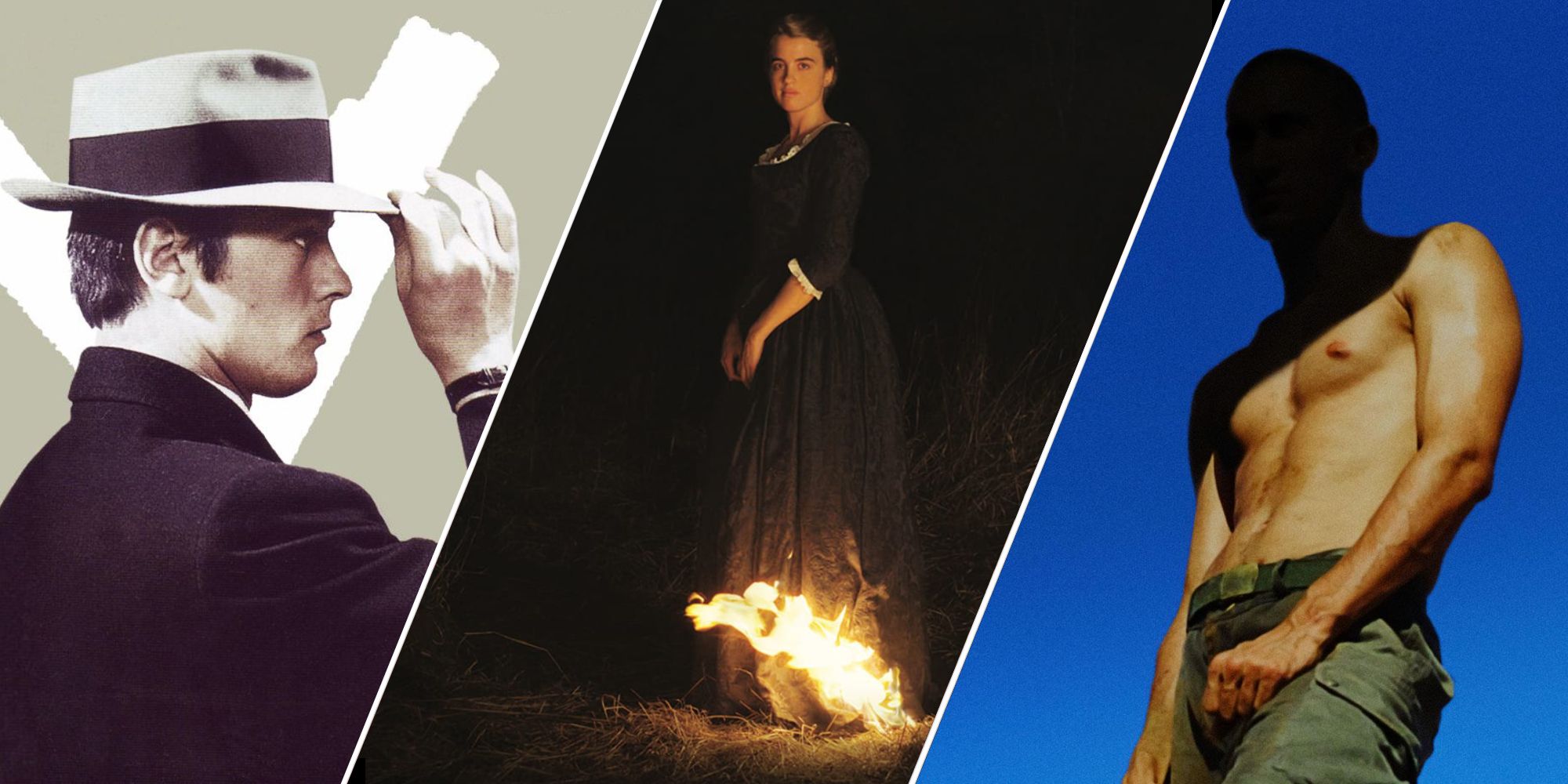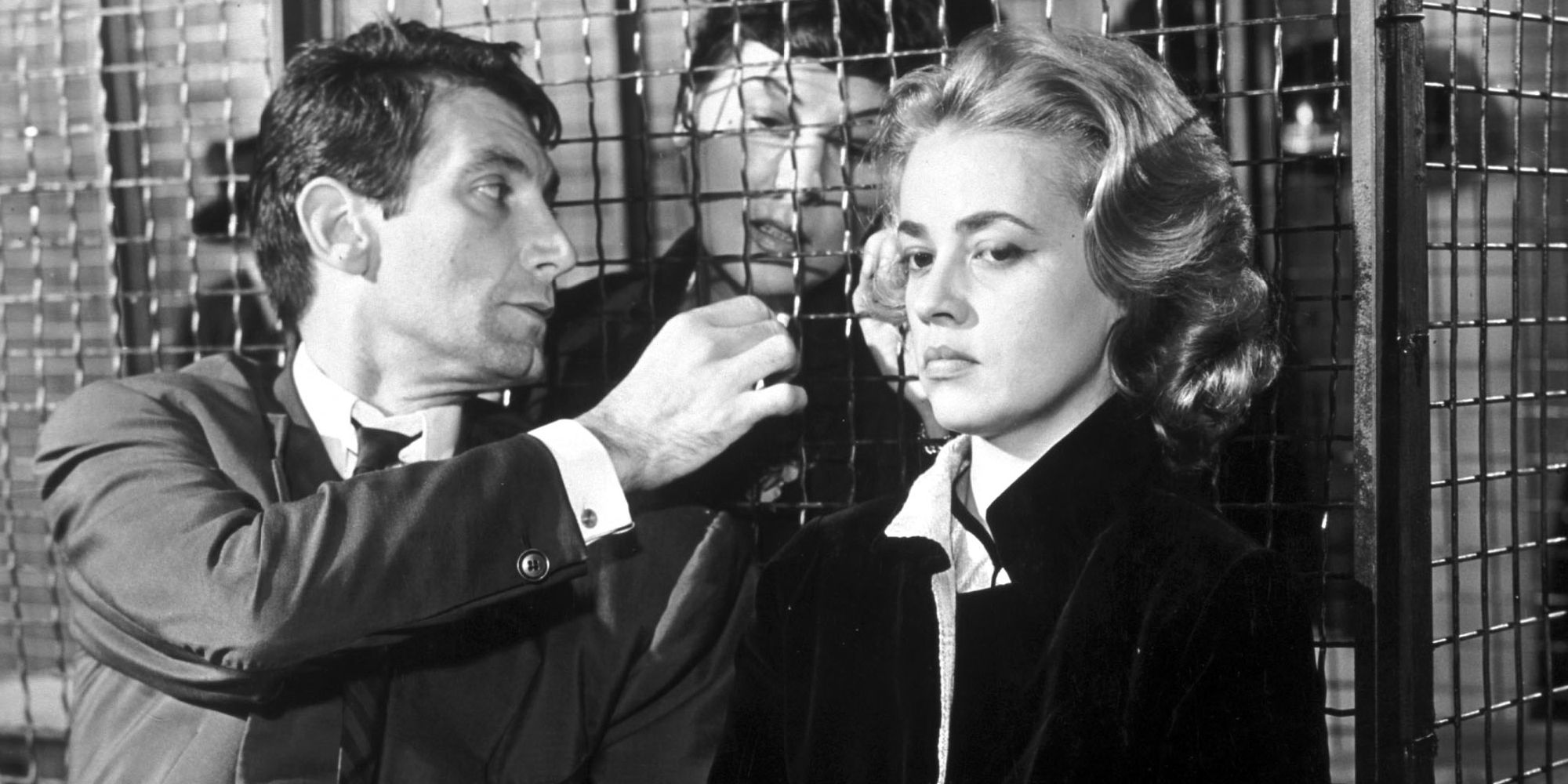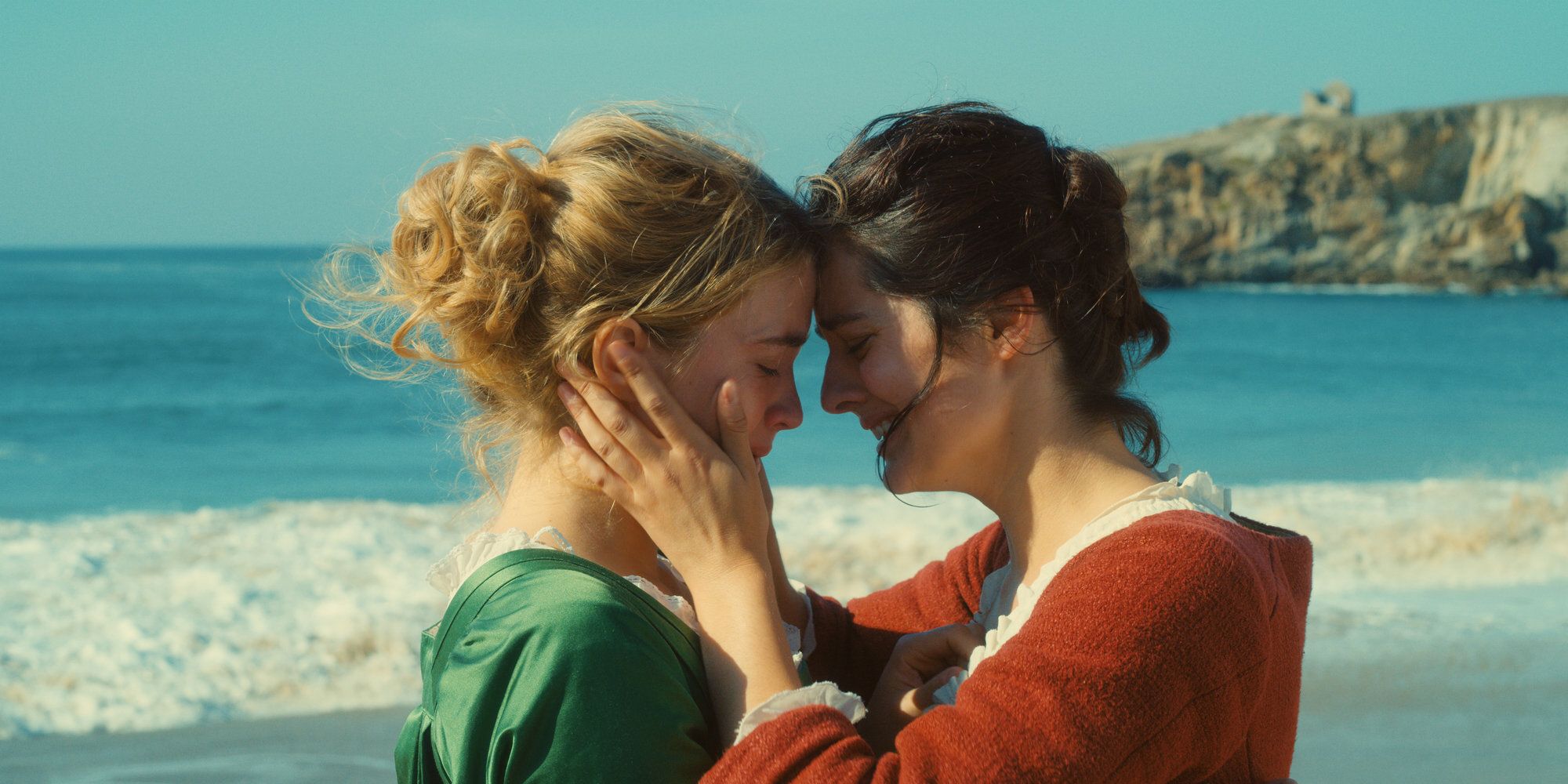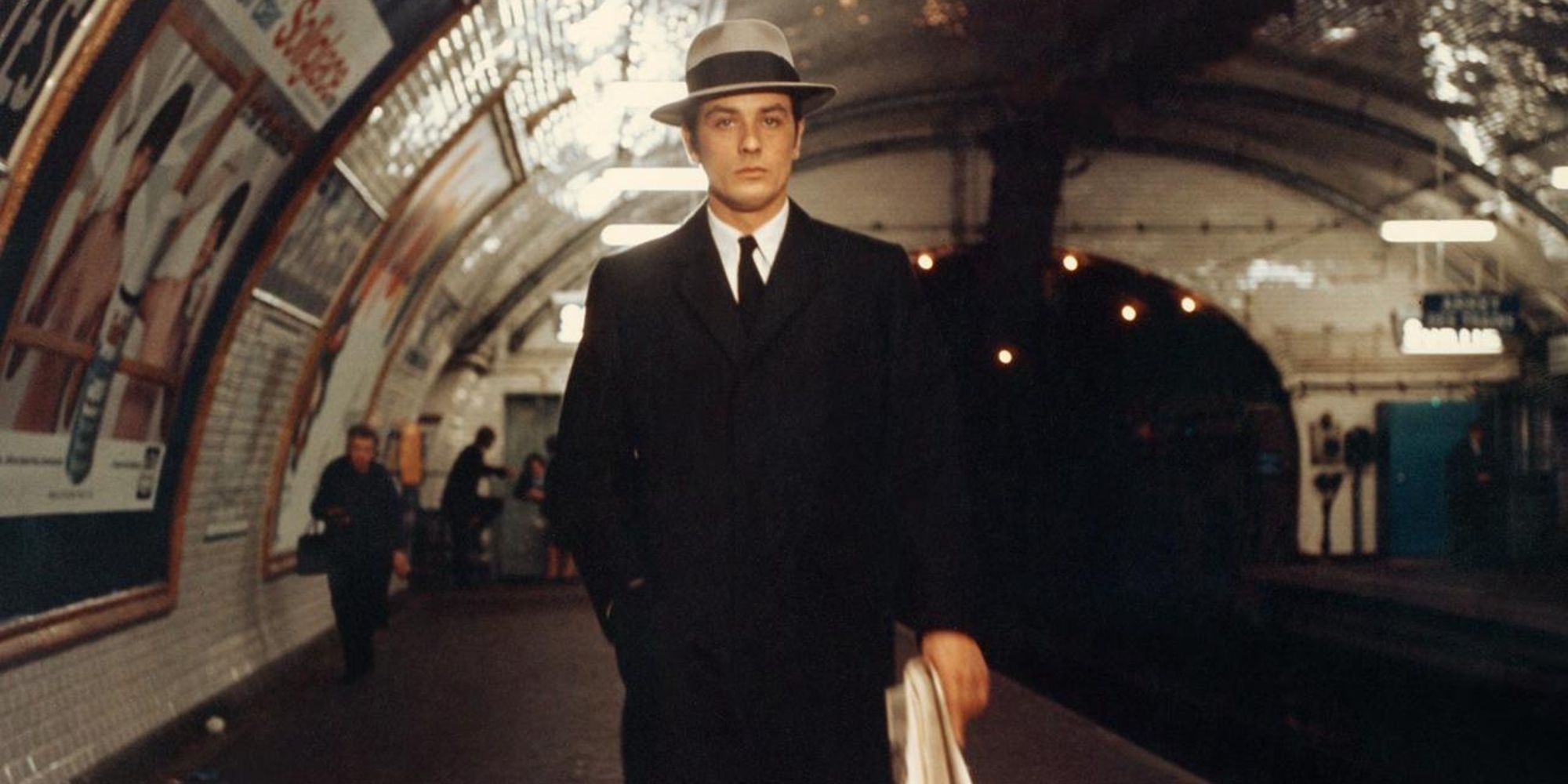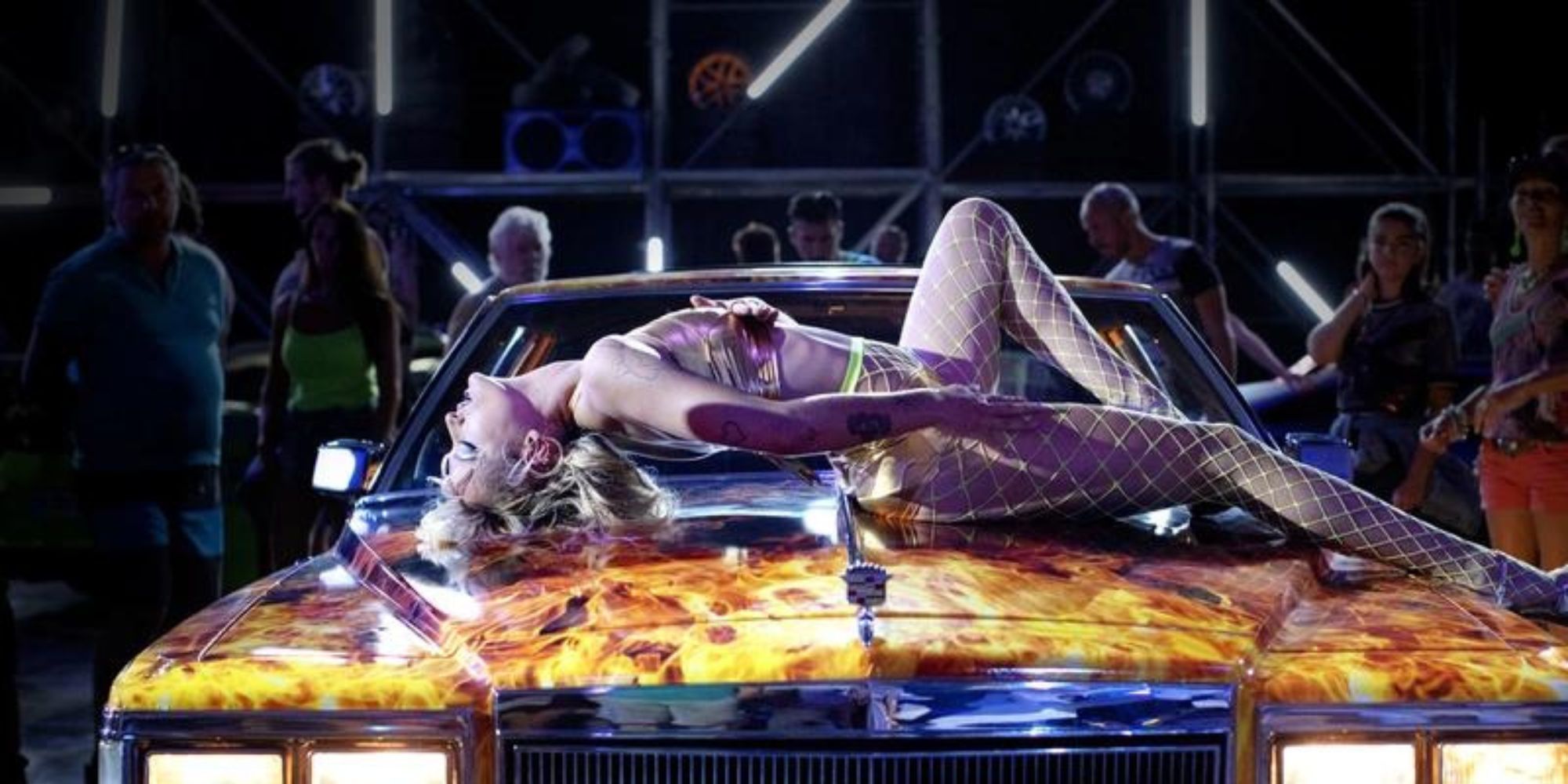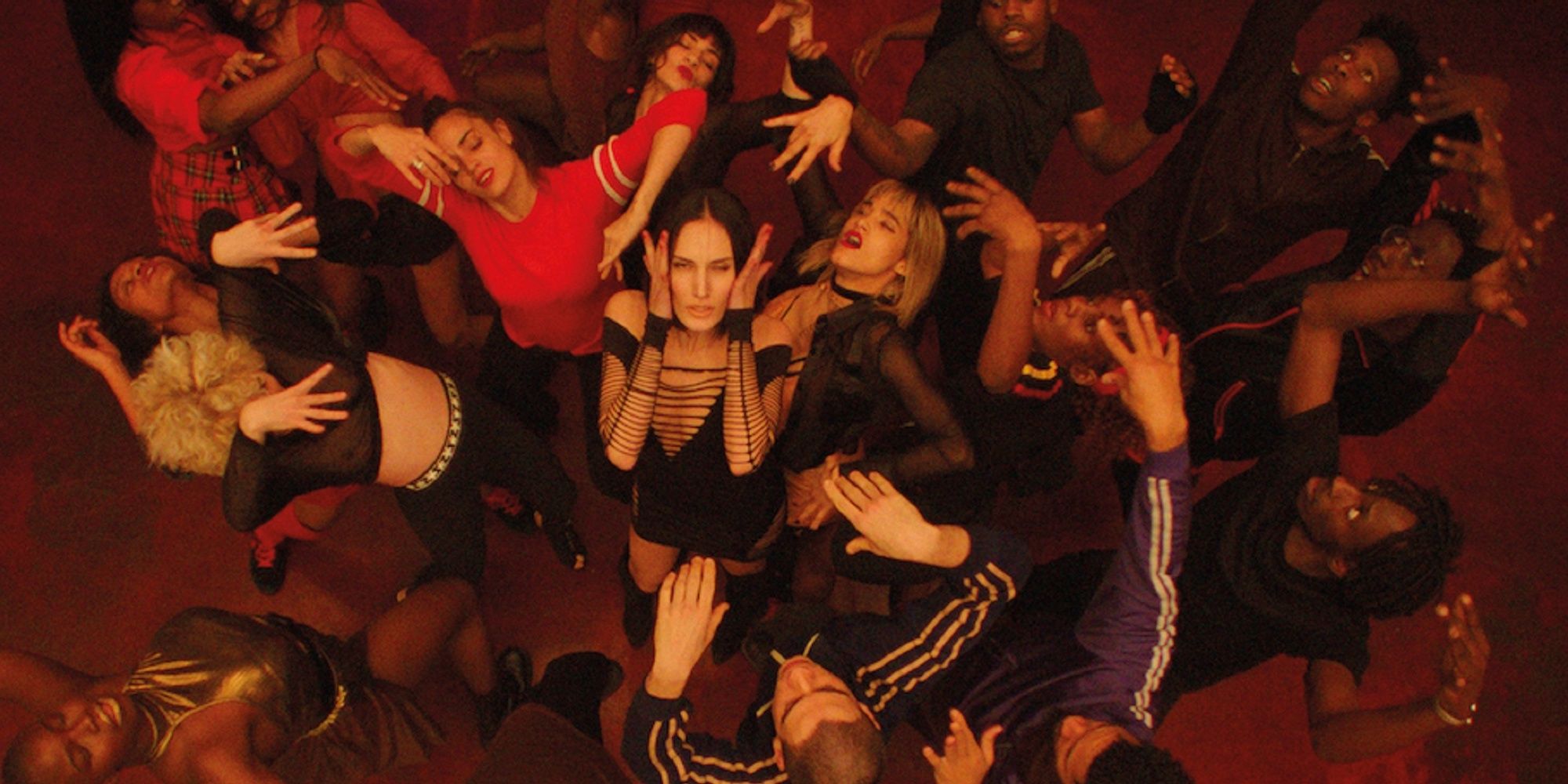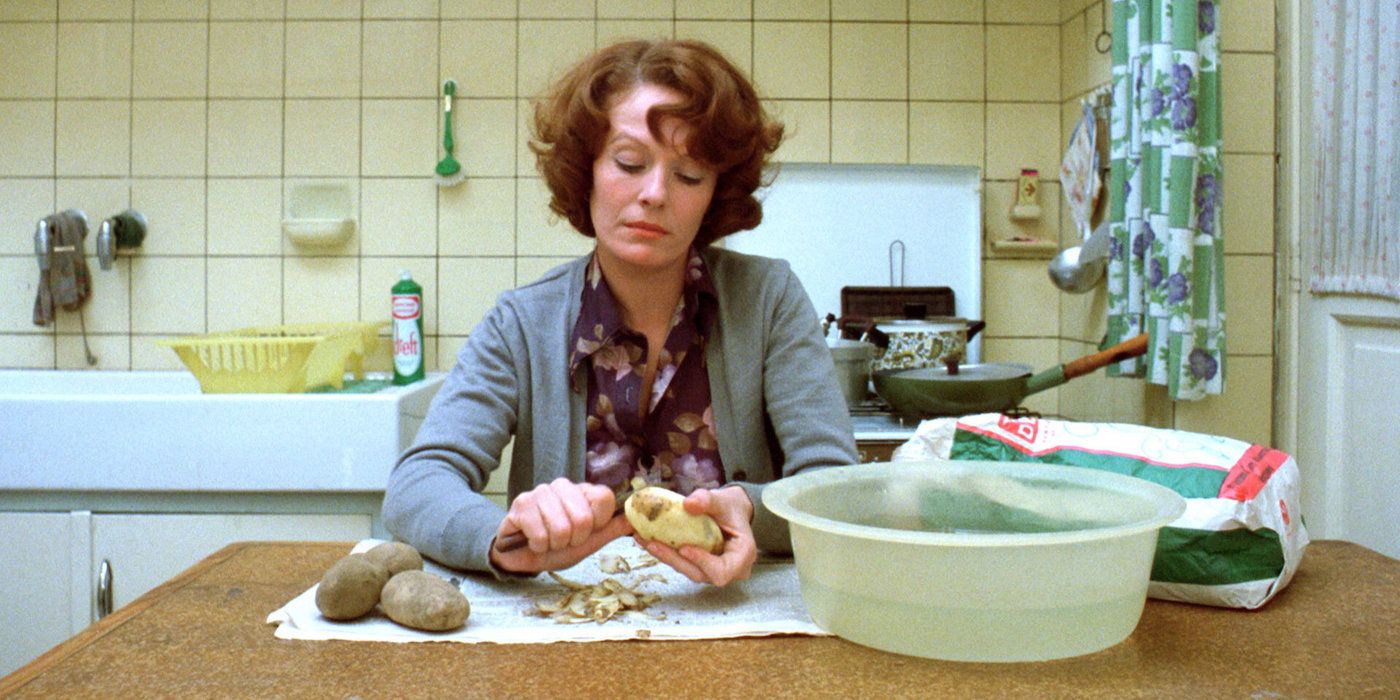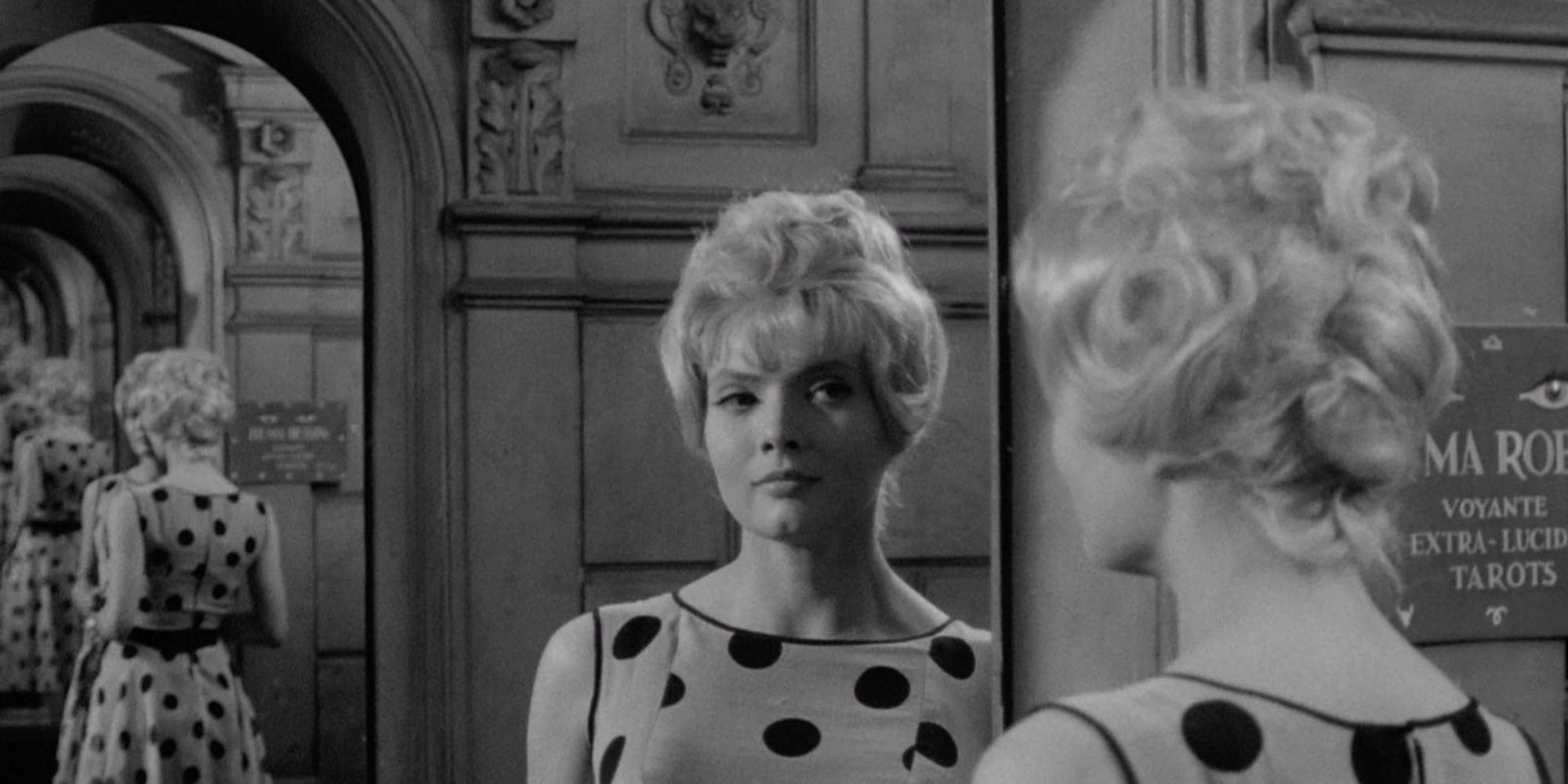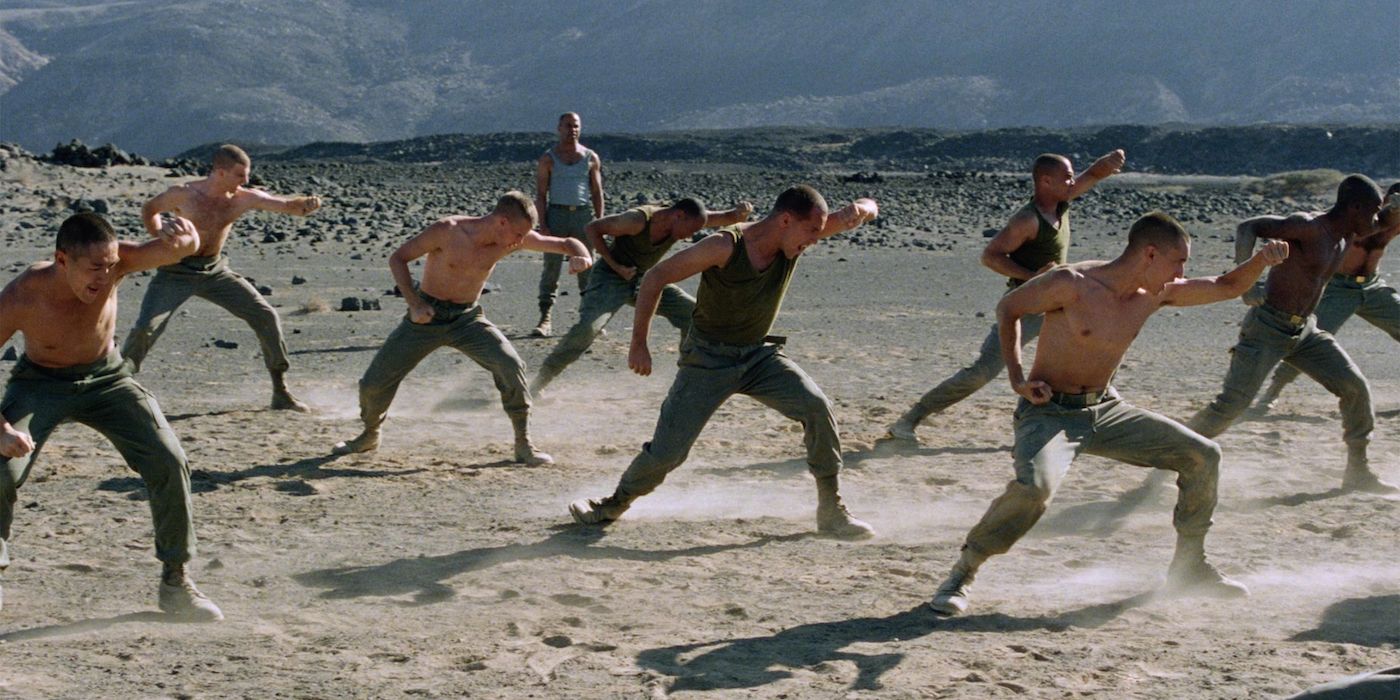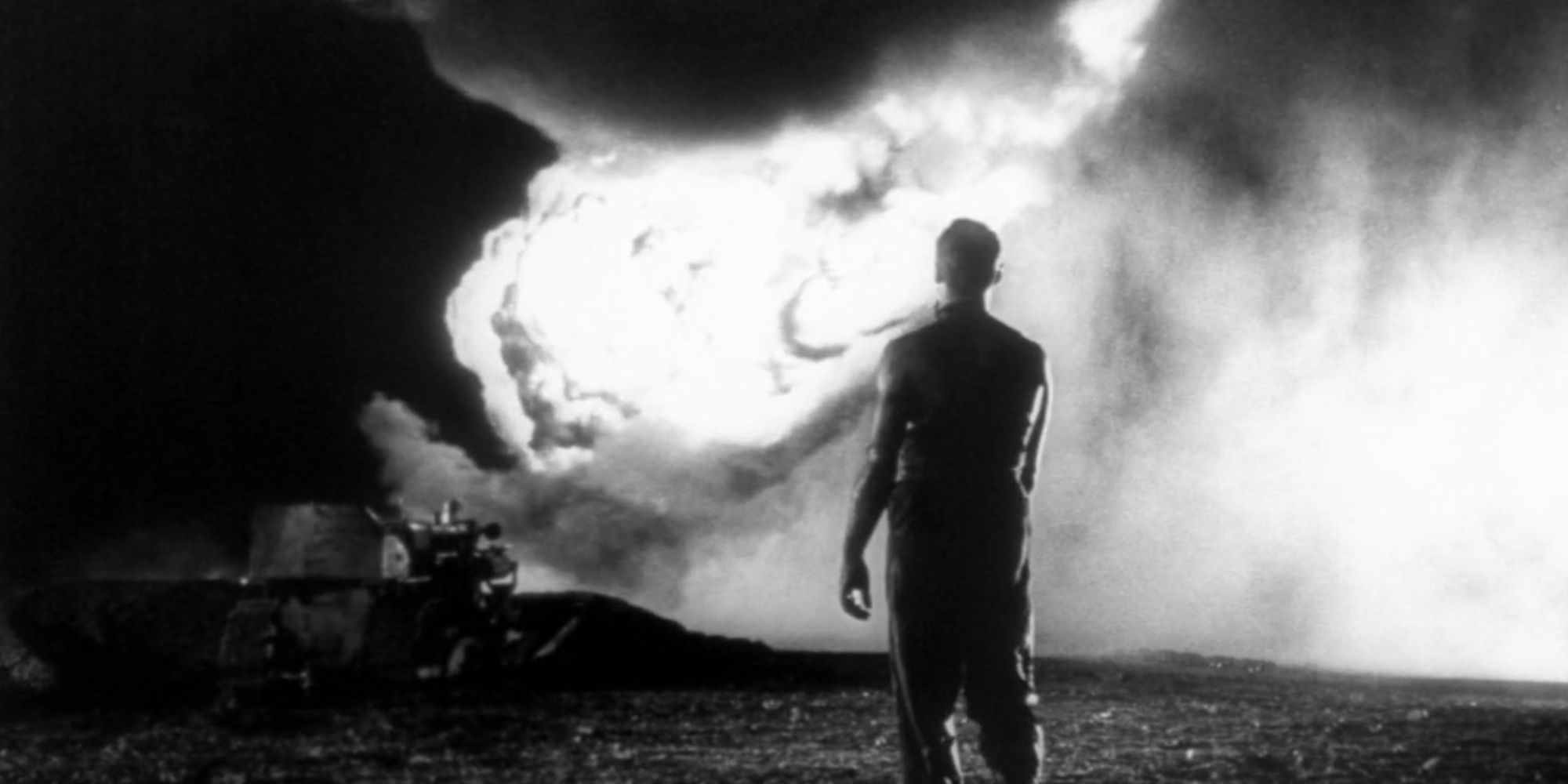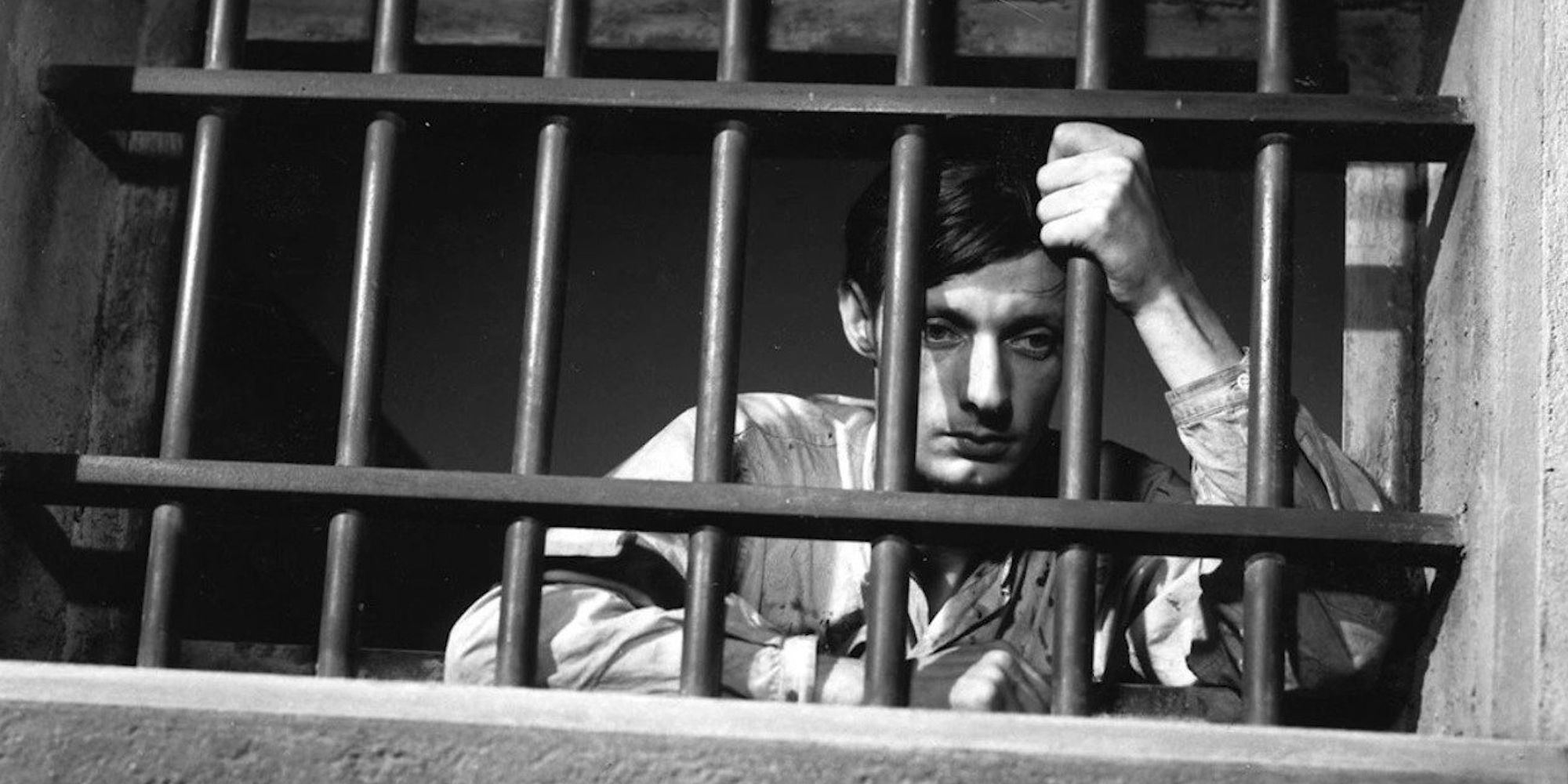The French film industry has long been held up as one of the best in the world. While this isn't exclusively because of the French New Wave Movement, that was an era that established France's film industry as a force to be reckoned with. It emerged in the late 1950s and drastically shook up the rules of filmmaking, with the two most famous directors associated with the movement arguably being François Truffaut and the consistently boundary-pushing Jean-Luc Godard.
Those two directors are celebrated on an international scale and have been behind numerous great films. However, there are plenty of other great filmmakers who were associated with the French New Wave Movement or were inspired by it, meaning that French cinema certainly doesn't begin and end with Truffaut and Godard. For anyone wanting to branch out and explore various titans of the French film industry, the following directors all have filmographies worth digging into.
1 Louis Malle
Louis Malle came out swinging as a filmmaker, given his first feature film was arguably his best. That movie was the film noir/crime/thriller Elevator to the Gallows (1958), a stylish and consistently tense movie that was made and released while Malle was still in his mid-20s.
He was far from a one-hit-wonder though, with other acclaimed films including the 1963's hard-hitting The Fire Within, 1987's coming-of-age/war film Au Revoir les Enfants, and perhaps his most famous film, My Dinner With Andre (1981), which is just a movie about two old friends conversing over dinner. Malle's filmography is as unpredictable as it is consistent, and you can't really go wrong with anything that he directed.
2 Céline Sciamma
Though Céline Sciamma's filmography doesn't rival old-school French directors for size, it's remarkably consistent. And with her oldest film still being as recent as 2007, it's safe to assume her body of work will only increase in size and stature as time goes on.
Her best and most popular movie so far has been 2019's Portrait of a Lady on Fire, which was one of its year's best films, and one of the best romance movies of its decade. She's explored female-centric stories in other films like 2011's Tomboy and 2021's Petite Maman, always doing so with an immense level of empathy and some beautifully-filmed images.
3 Jean-Pierre Melville
The French film industry put out many great crime movies throughout the 1950s, 60s, and 70s, with few directors contributing to the genre quite as much as Jean-Pierre Melville. He only has 14 directing credits, but everything he directed falls somewhere between good and fantastic when it comes to quality.
A good starting point for his filmography would be any of the films he did with French superstar Alain Delon, most notably 1967's Le Samourai and The Red Circle (1970). Few filmmakers have so consistently made one great crime film after another, making Melville's work essential viewing for anyone who likes gangster and heist movies.
4 Julia Ducournau
Sure, Julia Ducournau has only directed two feature films as of 2023, but both rank among the most exciting and engaging horror movies of the past decade. Those two titles are 2016's cannibal/coming-of-age movie Raw, and the thrillingly disturbing and deranged psychological thriller/horror movie Titane from 2021.
With just two feature films, Ducournau has already established herself as a filmmaker willing to push boundaries more so than most working today, and making genuinely compelling and thought-provoking movies while doing so. What she does next is anyone's guess, but it's almost guaranteed to be exciting.
5 Gaspar Noé
Gaspar Noé has made a name for being one of the most controversial and extreme filmmakers working today. Because of this, it's somewhat surprising how popular his movies are, though he admittedly does generally make good films that also happen to be very difficult to watch.
There's the dark and disturbing revenge film told in reverse, Irreversible (2002), the psychedelic nightmare that is Enter the Void (2009), and the dance-heavy horror movie Climax (2018). Equally confronting - but for different reasons - was his recent film Vortex (2021), which was a harrowing and heartbreaking look at an elderly couple slowly succumbing to dementia.
6 Chantal Akerman
Chantal Akerman has recently received acclaim and newfound appreciation after her 1975 film Jeanne Dielman, 23 quai du Commerce, 1080 Bruxelles topped the 2022 Critics Sight & Sound poll. It's a 3+ hour film that depicts several days in the life of an unappreciated and lonely housewife, and does a remarkable job capturing the isolation and tedium that comes with such a lifestyle.
Other films by Akerman are often very personal, including documentaries like 1976's News from Home and 2015's No Home Movie, the latter of which would end up being the late filmmaker's last. She consistently pushed boundaries and redefined what films could be throughout her career, becoming one of the most important French filmmakers of all time in the process.
7 Agnès Varda
Beginning in the 1950s and consistently directing up until her death in 2019 at the age of 90, Agnès Varda never compromised her signature style throughout her long filmmaking career. She consistently flipped between making feature films, short films, and documentaries, proving to be a master of all (and would sometimes combine documentary with fiction).
Given how many films she made, it can be difficult to single out highlights, though some of her best works include 1962's Cléo from 5 to 7, and documentaries like Black Panthers (1968) and the autobiographical The Beaches of Agnes (2008). Her unique outlook on the world was always compelling in both her fictional films are her documentaries, making her one of the hardest-working and most consistent directors in the French film industry's history.
8 Claire Denis
Claire Denis is an eclectic filmmaker whose filmography is hard to define with only a few words. She began directing feature films in the late 1980s and has been working steadily since then, with one of her most famous movies - the Robert Pattinson-starring science-fiction drama High Life - being released as recently as 2018.
Denis' films are challenging and likely not for everyone, but she's achieved a significant level of popularity from those who engage with her dense, difficult films. The aforementioned High Life certainly isn't your average sci-fi film, proving to be quite the confronting watch, and other titles like 1999's Beau Travail and 2001's Trouble Every Day are similarly unafraid to explore the darker sides of human nature.
9 Henri-Georges Clouzot
It's surprising how much of a punch the films of Henri-Georges Clouzot still pack. He was a filmmaker who made most of his most well-known movies during the 1940s, 50s, and 60s, and the vast majority of them still hold up when viewed from a modern perspective.
He specialized in making horror, crime, and thriller movies, with his best works including 1955's Diabolique and the continually exciting and explosive The Wages of Fear (1953). Clouzot's films demonstrate that age doesn't always necessarily weaken a film that was made to get its audience's hearts racing.
10 Robert Bresson
Robert Bresson was born in 1901 and passed away less than two weeks before the start of 2000, making him a director that was technically around for the entire 20th century. He also happens to be one of the most important filmmakers of the 20th century, and was acclaimed for making the mundane interesting and pushing forward the crime genre.
Bresson's films are slow but absorbing, and often deceptively simple. His style is best demonstrated by 1956's A Man Escaped, which is his most famous - and arguably his best - film. And it's really just about a man escaping from a prison cell, being exactly what the title implies. Despite that, it's surprisingly engrossing, and the same can be said for numerous other movies found in Bresson's small but significant filmography.

